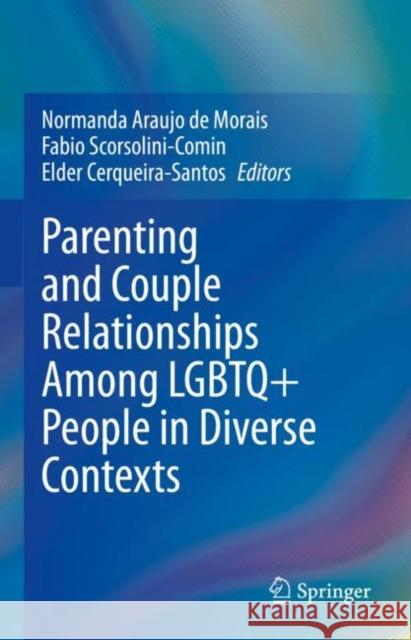Parenting and Couple Relationships Among LGBTQ+ People in Diverse Contexts » książka
topmenu
Parenting and Couple Relationships Among LGBTQ+ People in Diverse Contexts
ISBN-13: 9783030841881 / Angielski / Twarda / 2022 / 300 str.
Parenting and Couple Relationships Among LGBTQ+ People in Diverse Contexts
ISBN-13: 9783030841881 / Angielski / Twarda / 2022 / 300 str.
cena 644,07
(netto: 613,40 VAT: 5%)
Najniższa cena z 30 dni: 616,85
(netto: 613,40 VAT: 5%)
Najniższa cena z 30 dni: 616,85
Termin realizacji zamówienia:
ok. 22 dni roboczych
Bez gwarancji dostawy przed świętami
ok. 22 dni roboczych
Bez gwarancji dostawy przed świętami
Darmowa dostawa!
Kategorie:
Kategorie BISAC:
Wydawca:
Springer
Język:
Angielski
ISBN-13:
9783030841881
Rok wydania:
2022
Wydanie:
2021
Ilość stron:
300
Waga:
0.64 kg
Wymiary:
23.39 x 15.6 x 1.91
Oprawa:
Twarda
Wolumenów:
01
Dodatkowe informacje:
Wydanie ilustrowane











